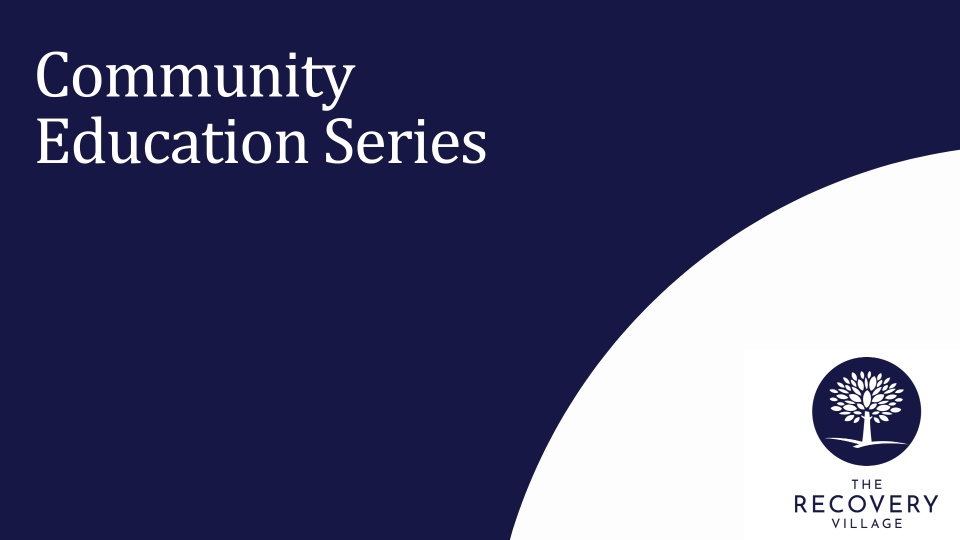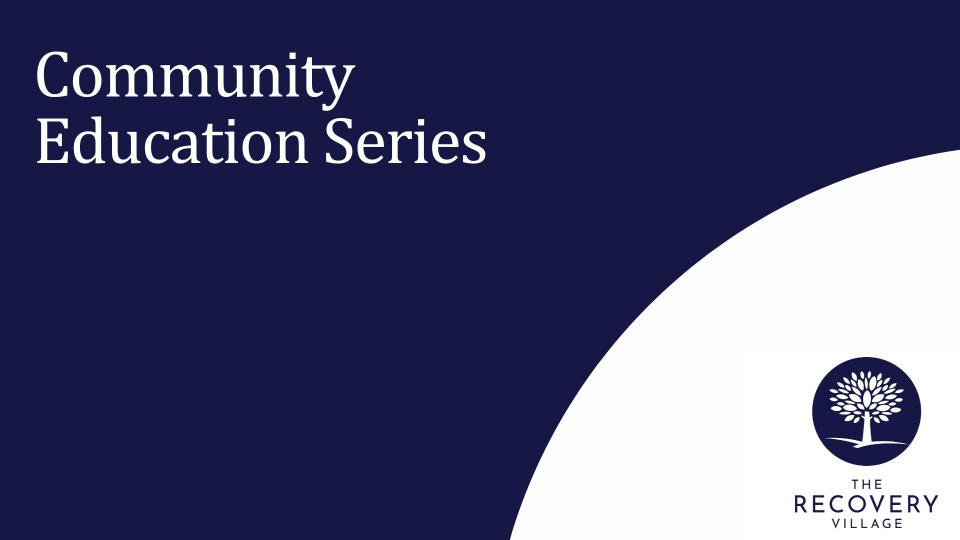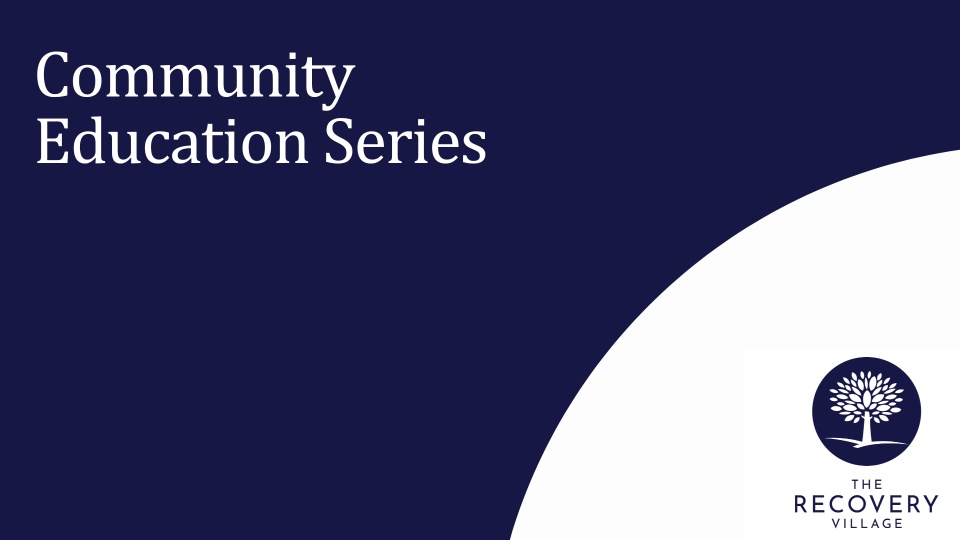Nearly everyone has one of five core personality types, which can be adjusted by introducing traits and behaviors from other personality types.
Estimated watch time: 43 mins
Available credits: none
Overview:
The concept of the five core personality types is a foundation in Eastern medicine. When we better understand our core personality, we better understand our behaviors and how they can affect those around us. In this presentation, Dwight Franklin, DOM, discusses the primary personality types and how they can be influenced throughout childhood and even adulthood.
After watching this presentation, the viewer will learn:
- The five core personality types and what behaviors they influence
- How different neurotransmitter levels can affect behavior and personality
- How a personality type can be adjusted by introducing traits from other types









